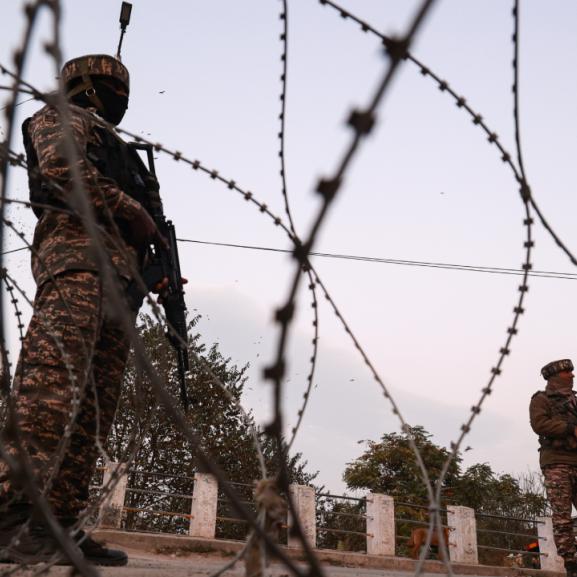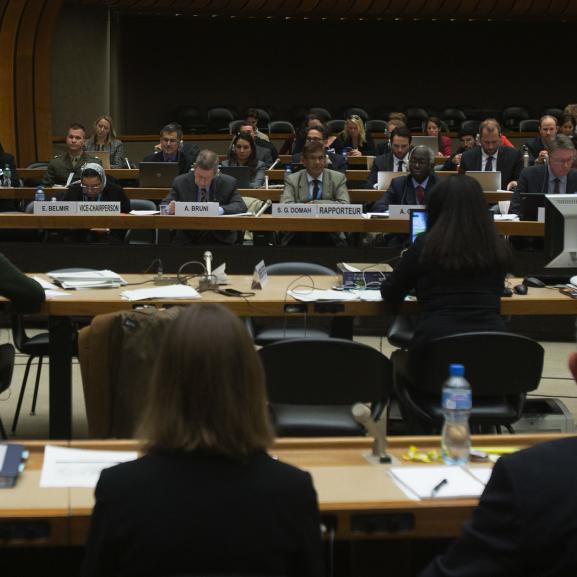Uganda - fresh allegations of MI5 involvement in torture overseas
New allegations came to light today suggesting the involvement of British intelligence officials in the torture and other ill-treatment of a terror suspect in Uganda – during the term of the current coalition government. Kenyan businessman Omar Awadh Omar claims he was interrogated by MI5 officers in detention in Kampala after being mistreated.
This case underlines the need for the upcoming UK Detainee Inquiry to be sufficiently wide in scope to assess all recent allegations of British complicity in torture overseas as well as the current practice by intelligence officials, not simply to look back at the record of the previous Labour government.
Lawyers for Omar Awadh Omar – who is charged with involvement in the planning of suicide bomb attacks in Kampala last year – say he was abducted in Nairobi before being illegally rendered to Uganda and handed over to the Rapid Response Unit, the Ugandan intelligence unit which Human Rights Watch in a recent report exposed as committing serious human rights violations, including torture. Awadh says that he was beaten and threatened with further rendition to Guantanamo, before being interrogated by American and British individuals who identified themselves as FBI and MI5.
Asked by the Guardian newspaper, the Foreign Office (FCO) and Home Office declined to comment on the allegations, but stated that the consolidated guidelines for intelligence officers operating overseas (which were re-written after the Coalition Government took office last year to demonstrate a commitment to actively avoiding involvement in torture), “would have been followed, if they needed to have been”. On publication, the guidance was immediately challenged in the courts by the Equality and Human Rights Commission on the basis that a loophole is left open, allowing British intelligence officials to continue questioning people who are being subject to torture and other ill-treatment because they can claim not to “know or believe” what is happening behind closed doors.
Today’s allegations raise further concerns that the guidance may not be sufficiently robust to prevent British involvement in torture.
Launching the FCO’s annual report on human rights and democracy this morning, Foreign Secretary William Hague said: “It’s not a choice between human rights and pursuing...our prosperity and security. The pursuit of human rights...is essential to our prosperity and security.” In answer to a question posed by the MF’s CEO Keith Best on how much of the upcoming torture inquiry will be open to the public, the Foreign Secretary said: “A hallmark of this government is that we err on the side of transparency.”
The Medical Foundation continues to hope that the government will live up to these fine words and commit to an investigation that will allow the maximum possible public scrutiny of the inquiry’s findings, looking at the record of the government and intelligence agencies in the past, present and future safeguards adopted to prevent torture.





